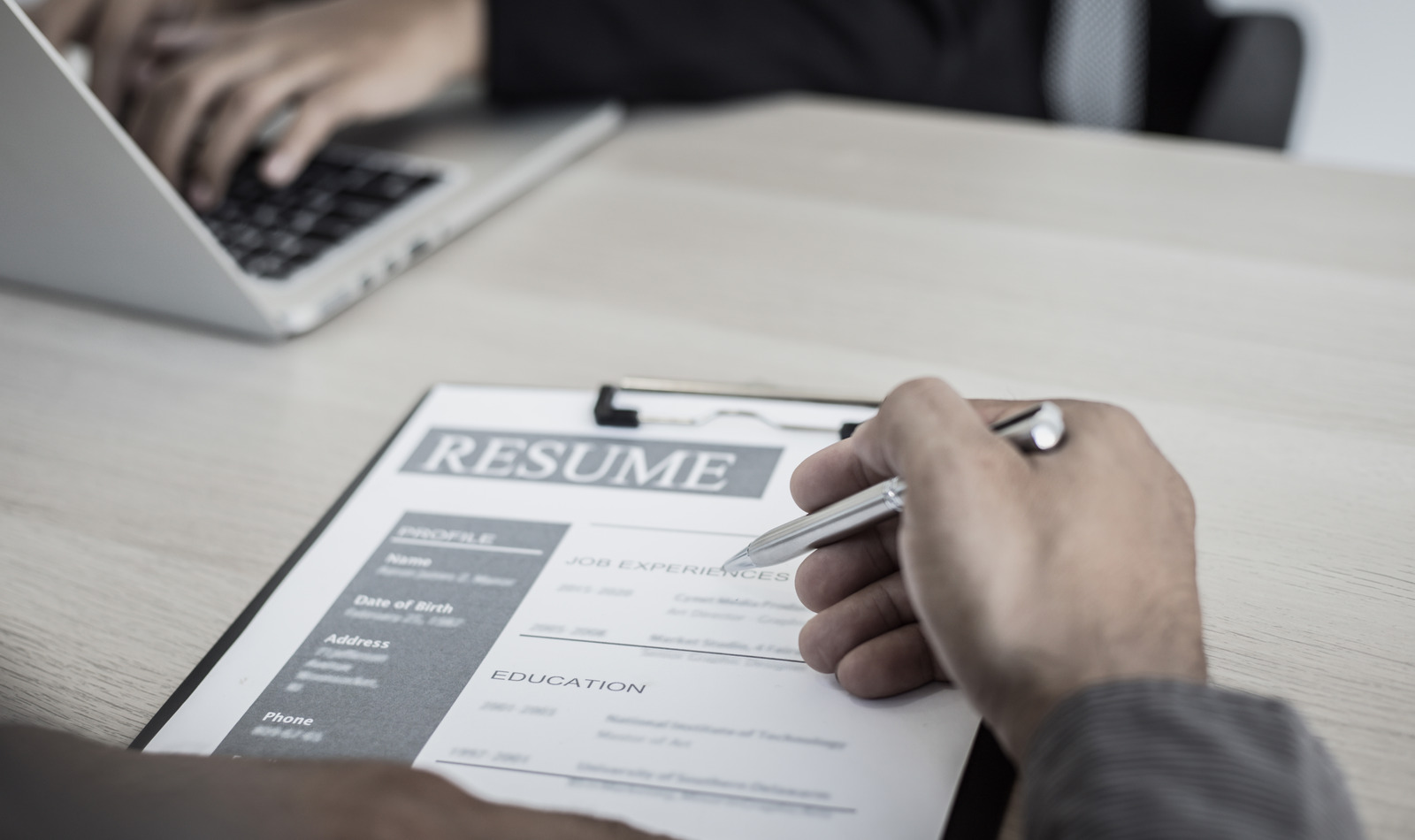Writing a Resume
 You may be an expert in your field with years of experience and be at the top of your game, but if your resume doesn’t read well, you may be passed over for less qualified candidates.
You may be an expert in your field with years of experience and be at the top of your game, but if your resume doesn’t read well, you may be passed over for less qualified candidates.
What do we mean by read well? It needs to be well presented, accurate and have relevant information on it that is easy to read without being too detailed or verbose.
Your resume has one main important function – to show recruiters you have the necessary skills for the job you are applying for, with enough information that will let them decide you are a good choice to progress to an interview.
When writing your resume, keep this in mind – what is the most important information that a prospective employer needs to know that will make you stand out from the crowd?
When we are reviewing applications for a job, we may look at hundreds of resumes, selecting those that are the best fit for the job, who we will then want to contact for an interview. Spelling mistakes or bad grammar will tend to reflect poorly on your attention to detail, so this is always important to get right.
What information should I have on my resume?
Your resume should have the following sections:
Education history:
What education level have you acheived? You don't have to list every single school you went to - usually your final school or highest level of achievment is sufficient for a resume. This will vary depending on the type of job, and it is best to make sure your most relevant edication is prominent. If you are applying for a chef position, it is much more relevant to know what chef trainining or culinary ediucation you have had, even if you may have previously graduated university with an arts degree before retraining as a chef.
If you are applying for a position in housekeeping or laundry services then any industry related training or courses you have done that are related to these fields should be shown prominently in the education section.
Skills:
Having a section on your resume that briefly lists your core skills makes it easy for recruiters to see what you can do at a glance, and if your skills match the requirements closely, helps to immediately flag your resume as being relevant to the job. The skills you list should also match your work history, or you should be prepared to talk about your experience, if it is not obvious or explicitly mentioned in your work history. Try to keep the skills you list relevant to the job you are applying for. If you are applying for a chef position, it probably isn't relevant that you also have great carpentry skills due to your hobby of restoring antique furniture.
Employment history:
For a resume, we are looking for only those positions you have worked in that are most relevant to the new job you are applying for, and the overall aim you should keep in mind is "how does this previous position show I am suitable for the job I am applying for?" Remember, the main objective of your resume is to show the recruiter you are a close enough match for the job requirements that you are worth spending additional time interviewing.
Personal interests:
Athough this may not seem relevant on a resume, mentioning a few of your personal interests can help round your profile out and provide potential employers some information that will help them decide if you are a good fit for their work culture. If you have interests that support your suitability for the job, so much the better. For example, if you are applying for a job as a fitness instructor, then personal interests that include various sports or activities you are involved in could be very relevant for your job application. Your mastery of origami or skills playing the trombone is probably less relevant, so keep this brief. If you particpate in volunteer work that is relevant to your job this should be listed with your work experience - for example, if you are applying for a job as a lifeguard then volunteer work with a surf lifesaving club would be listed as work expereince.
How should I format my resume?
Having some interesting design elements on your resume can help it stand out, but can also be distracting. Very unusual layouts can make it harder for readers to easily see the relevant information, so try to keep your designs relatively simple. Also keep in mind how it will look when it is printed - often your resume will be printed for review, so make sure that the print layout works well. Also keep in mind your colour choices - for example, white text on a black background may look cool on screen, but no-one is going to thank you a design like that when it comes time to printing.
- Keep fonts a readable size - it can be tempting to try to squeeze as much information as possible into a few pages, but this can result in a very hard to read resume and imporatant information can be easily missed.
- Use sufficient whitespace so that everything is easy to read.
- Use fonts that are easier to read. Sans serif fonts such as Arial are usually considered easier to read on screen than serif fonts such as Times New Roman. Avoid decorative fonts such as Comic or Copperplate.
Remember - you don't have to put your entire life history on paper - you only need enough clear information about your skills and experience for the job you are applying for that gets you to the interview stage.


